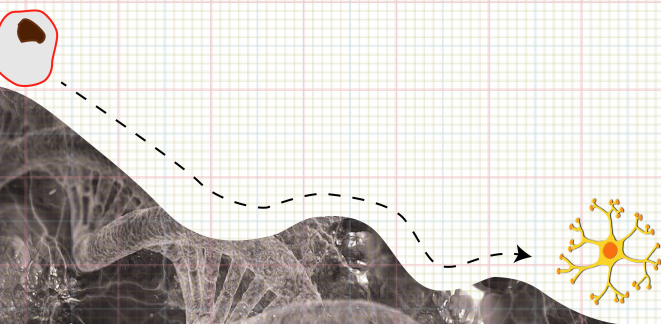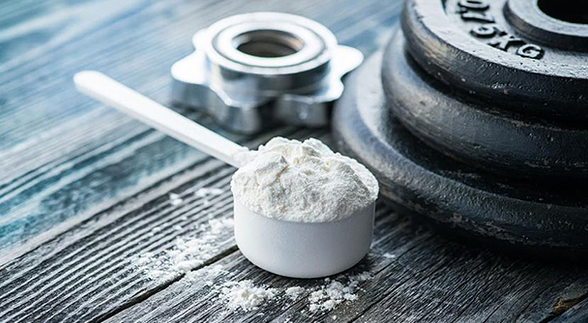Stem Cell Exhaustion: The Primary Hallmark of Aging and Its Deteriorating Effects
Learn why stem cells are critical to health, how aging depletes them, and explore cutting-edge interventions for replenishing dwindling stem cells.

Blog Introduction:
Aging is a natural and inevitable process that comes with a myriad of physical and biological changes within the body. As such, research on aging has been one of the most explored areas of health science in the past few decades. One finding that has caught the attention of scientists is the role of stem cell exhaustion in the aging process and how it contributes to the deterioration of the human body over time.
In this blog post, we will delve deeper into the concept of stem cell exhaustion and its effects on the body. We will also discuss how a continuous supply of suitable stem cells can contribute to cell regeneration and repair. Additionally, we will explore the causes of stem cell exhaustion, particularly how it happens with aging. Furthermore, we will introduce new cutting-edge therapies and dietary supplements that promise to support stem cell exhaustion with the promotion of more stem cells, so that the aging process can be slowed or even reversed.
What are Stem Cells and Why are They Critical to my Health?
Stem cells are essentially undifferentiated, unspecialized cells that can differentiate into any cell type and contribute to the repair and regeneration of tissues, organs, and the body as a whole. These cells play a crucial role in maintaining healthy organs, tissues, and systems in the body. When there is a sufficient amount of stem cells in the body, they can support the daily wear and tear that the body undergoes, repairing any damage and ensuring that body functions remain optimal.
However, with aging, the body's stem cell pool is depleted, leading to stem cell exhaustion. This essentially means that there is a decreased ability of the body to regenerate itself, which results in functional decline, diseases, frailty, and ultimately, death. Stem cell exhaustion is regarded as a hallmark of aging because it is one of the primary mechanisms that drive the aging process.
Why is it important and how does it affect me?
Various factors contribute to the depletion of stem cells in the body over time. These factors include environmental pollutants, chronic inflammation, and oxidative stress. However, the main culprit is the reduced ability of the body to produce new stem cells. The decline in stem cell production is linked to a condition known as replicative senescence, whereby stem cells lose their function and self-renewal capacity. Additionally, changes in the bone marrow microenvironment, where stem cells originate, also contribute to the exhaustion of stem cells.
Effective Therapies and Nutritional Supplements
To reverse or slow down aging, there are therapeutic approaches that can be used to replace or regenerate the depleted stem cells. These approaches include stem cell transplantation, gene editing, and rejuvenation therapies. Stem cell transplantation involves the infusion of stem cells into the body to replace the depleted ones. Gene editing, on the other hand, uses techniques such as CRISPR to modify the genes of stem cells to make them more efficient in regenerating tissues and organs. Rejuvenation therapies aim to rejuvenate the body's stem cells by activating them and enhancing their function.
Besides the above approaches, there are dietary supplements that can promote the growth and regeneration of stem cells. Two excellent supplements that have been found to increase stem cell production in the body are Nicotinamide Mononucleotide(NMN) and Resveratrol. NMN is an NAD + [Nicotinamide adenine dinucleotide] precursor, which is a molecule necessary for stem cell survival and proliferation. Resveratrol, on the other hand, activates a gene that enhances the growth and function of stem cells. Clinical studies have shown that both supplements can promote stem cell production and function and thereby slow down the aging process.
Another supplement that can support stem cell exhaustion is Astaxanthin. This supplement is a potent antioxidant that neutralizes oxidative stress, which has been found to be a contributing factor to stem cell depletion. Astaxanthin also supports the immune system, which enhances the efficiency of stem cell regeneration and repair.

Concluding Remarks
Stem cell exhaustion is a significant contributor to aging and the deterioration of the human body. Stem cells play a crucial role in repairing and regenerating organs and tissues. With reduced stem cell supply, the body is unable to maintain optimal function, leading to the development of age-related conditions and diseases. However, various therapeutic and dietary approaches can support the growth and regeneration of stem cells, promoting healthy aging and slowing down the aging process. So, taking dietary supplements, particularly NR, Resveratrol, and Astaxanthin, can be an excellent way to reduce the impact of stem cell exhaustion, ensuring that you live a healthier and longer life




